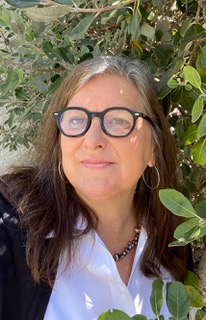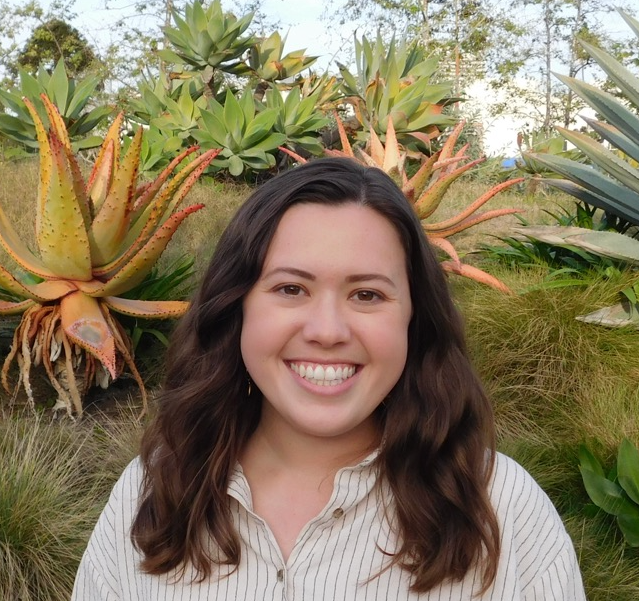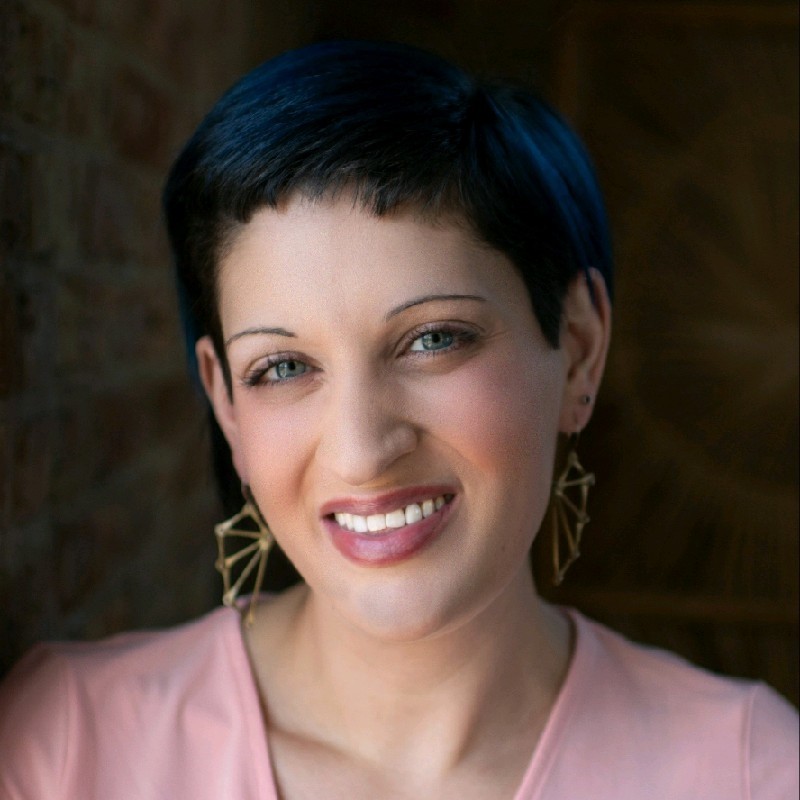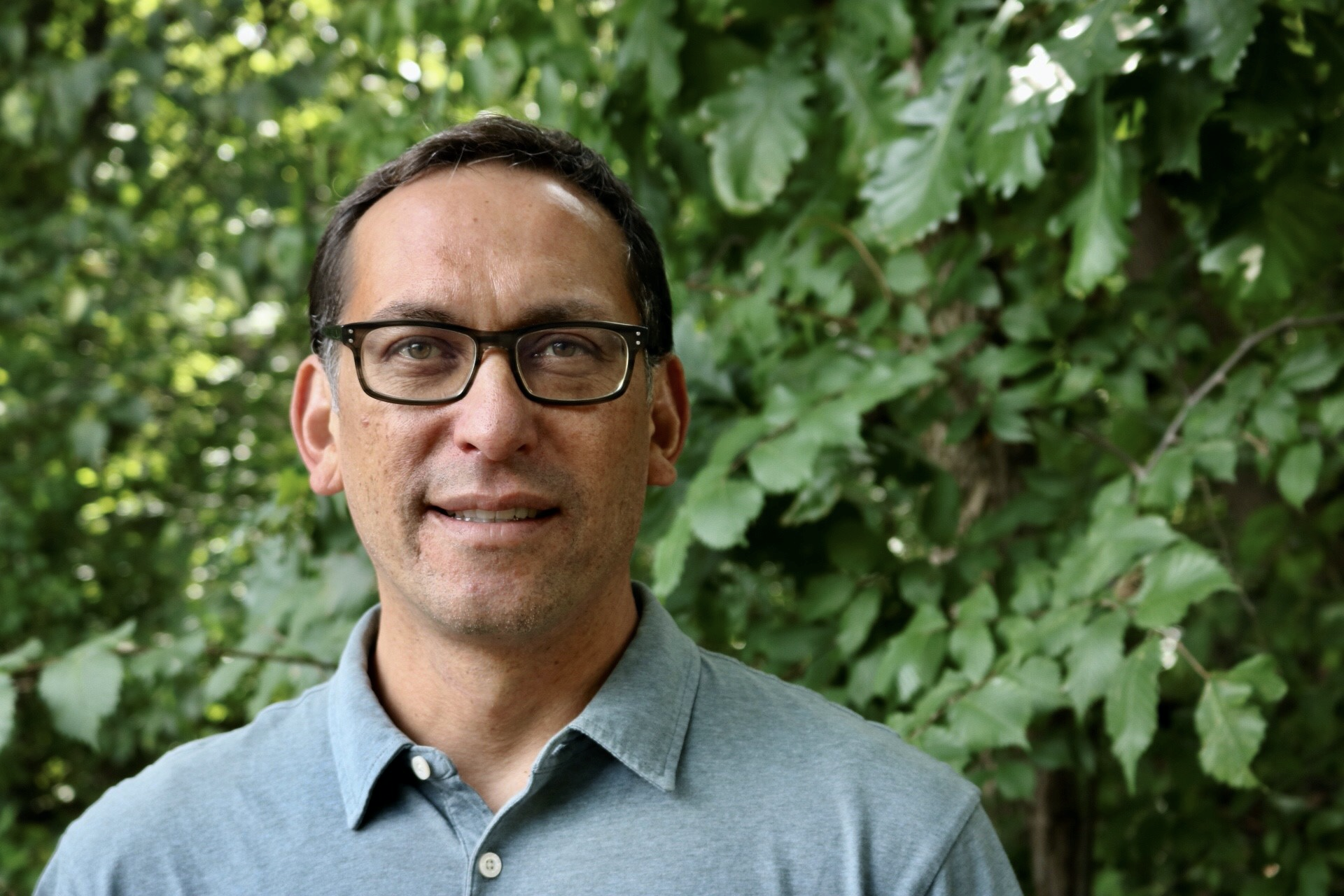About Wellbeing
The quotes above encompass collective wellbeing in the voices of stakeholders from across the United States and the world.
Collective wellbeing draws from and amplifies aligned movements that cross sectors, including racial equity, social and visual arts, new economy, democracy, the environment, health and wellness, private, public, and non-profit.
While the term wellbeing is often interpreted as individual wellness, collective wellbeing speaks to interconnection and our shared capacity to flourish together. Collective wellbeing provides a shared sense of purpose. It reveals the interrelatedness of the parts and frames an understanding of the whole.
For our team, collective wellbeing is a paradigm for an emerging future. It is activated in groups that heal a sense of separation, encourage authenticity, support risk taking amid uncertainty, and embrace a sense of possibility.
Note: Throughout this site, we use the terms wellbeing and collective wellbeing interchangeably. Unless individual wellbeing is called out specifically, we are talking about collective wellbeing.
Guide
The Collective Wellbeing Systems Map provides a snapshot of the collective wellbeing movement in the United States and globally. It explores the questions: How do we co-create a vision and appreciation of the roles we play in working toward collective wellbeing? What might deepen, strengthen, and broaden this work? Where are there connections in unlikely places? Where and how do we begin?
To help answer these questions, we sought out individuals across sectors that emphasize racial equity and take a place-based approach to wellbeing. Through 80 stakeholder interviews, and a review of diverse resources, convenings, and stakeholder feedback, an interconnected web of themes, relationships, and understandings emerged, forming the Collective Wellbeing Systems Map.
Within the Systems Map are a set of 9 Key Learnings, 9 Case Story Videos, 3 Recommendations, 140 Resources, 80 Stakeholder Profiles, 120 Organizations and 22 Filters.
Key Learnings are the main themes from the stakeholder interviews. When you click on a Key Learning, you will see a definition, related Key Learnings and Recommendation, and a Case Story Video that brings to life the Key Learning in the voices of wellbeing stakeholders. In addition, lines will appear that connect to stakeholders who talked about the Key Learning in their interview.
Key Learnings are nested under the Recommendations. Recommendations offer tangible actions that elevate ideas shared by the stakeholders. When you click on a Recommendation, you will see a definition and action steps, related Key Learnings and Resources. In addition, lines will appear that connect to stakeholders who talked about the Recommendation in their interview.
When you click on a picture of an individual, you will see a Stakeholder Profile that includes contact information, quotes, biography, affiliated Organizations, and the Key Learnings that the stakeholder talked about in their interview. Lines will appear that connect the stakeholder to these Key Learnings. Filters allow you to sort stakeholders by self-identified topical interests.
By raising awareness of connections within the wellbeing system, this visualization aims to reduce a sense of separation, support opportunities for partnership and mutual learning, and lay the foundation for a path forward.
Note: This visual is not an exhaustive Collective Wellbeing Systems Map. We seek opportunities to deepen the scope of this offering as it continues to evolve and expand. Please note that this visual is not intended as a measurement framework. More on our methodology can be found here.
Team
We are practitioners, educators, researchers, leaders, activists, and doers working to advance Collective Wellbeing. We cross sectors and weave together various cultural and professional perspectives and experiences. Our work connects stakeholders across movements that hold a shared vision of collective wellbeing. We aspire to co-create a future characterized by possibility, connection, and equity.
As a fundamental value, the team worked to create and evolve a culture of wellbeing. This was intended to align process with outcomes. Detailed information on the framework and evaluation tool used to build a team culture of wellbeing can be found here.

Julie Rusk
Co-Founder
Civic Wellbeing Partners
Julie pioneered development of the nation’s first local wellbeing index – a data driven metric of community, social, educational, physical/emotional and economic health – for a total picture that goes beyond the narrow and traditional measure of GDP. Julie co-founded Civic Wellbeing Partners to advance this work for national and global scaling. She has published on wellbeing with the Robert Wood Johnson Foundation and is a Senior Fellow with UCLA’s Center for Healthier Children, Families, and Communities. As Chair of the Santa Monica Bay Human Relations Council, she continues to lead local wellbeing and equity work.

Catalina Langen
Co-Founder
Civic Wellbeing Partners
As co-founder of Civic Wellbeing Partners, Catalina advances leadership for community wellbeing through local action, use of data, and partnerships. She developed the Wellbeing Microgrant Program and joins with others to create an equitable global society as a Fellow of the Schumacher Institute. Catalina received her B.A. from the University of California Santa Barbara.
Contact Civic Wellbeing Partners here.

Rebecca Paradiso de Sayu
Co-Director | Co-Founder
Institute for Collective Wellbeing
Rebecca Paradiso de Sayu is co-founder | co-director of The Institute for Collective Wellbeing, president of Explore, Create, Evaluate Partners, and president of The Purposeful PhD. Her leadership is characterized by a reverence for collective understanding, which has served her well in navigating cross-sector partnerships. Rebecca received her PhD and master’s degree in social welfare at the University of Wisconsin - Madison.

Stephan Hiroshi Gilchrist
Co-Director | Co-Founder
Institute for Collective Wellbeing
Stephan brings his diverse experience in social and racial equity, ecological sustainability, organizational change, and community and leadership development to his collective wellbeing work. Previous roles include: director and faculty in Social Innovation and Sustainability Leadership and assistant vice chancellor for Diversity, Equity and Inclusion.
Contact The Institute for Collective Wellbeing here.
Partners
The Mapping Collective Wellbeing Project team partnered closely with Schema Design to create this interactive website, based on findings from our qualitative interview data. The intention of the site is to be a tool in providing an ongoing systems perspective to advance the collective wellbeing movement. Linda Vakunta was also a collaborator on the project, hosting the case story interviews.
The Mapping Collective Wellbeing Project was supported by a grant from the Robert Wood Johnson Foundation to better understand the wellbeing ecosystem in the United States, with learnings from initiatives from around the world. The views expressed here do not necessarily reflect the views of the Foundation.